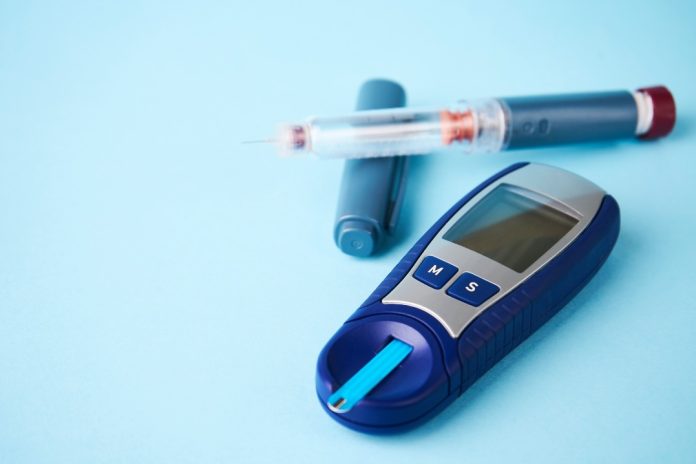Medical science is increasingly using stem cells in treating type 2 diabetes, with recent breakthrough promising further improvements.
A man who had suffered from type 2 diabetes for 25 years did not take insulin for 33 months after a regenerative islet cell transplant, according to China Daily. Diabetes, particularly type 2, can develop over a lifetime due to improper diet and lifestyle. It is one of the most common non-communicable diseases worldwide.
China is reportedly one of the world’s diabetes hotspots. 140 million people cannot produce their own insulin, suffering from kidney problems, blindness, amputations, and cardiovascular issues.
However, the new milestone, which comes after 10 years of research and testing, could change the treatment of the disease forever. Yin Hao, lead researcher on the team and director of Shanghai Changzheng Hospital’s Organ Transplant Centre, explained that they took the patient’s own peripheral blood mononuclear cells and used existing methods to reprogram them back into pluripotent stem cells for injection into the pancreas.
His team conducted the study in collaboration with scientists from the Centre for Molecular Cell Science at the Chinese Academy of Sciences.
Our technology has matured and it has pushed boundaries in the field of regenerative medicine for the treatment of diabetes.
Complexity of treatment
Existing transplantation therapies for type 2 diabetes face a shortage of donor cells. The complexity of pancreatic islet cell isolation technology further complicates the process. Pancreatic islet cells are the main insulin-producing cells. They were almost completely suppressed in patients with this type of diabetes.
In addition to a kidney transplant, the man underwent several daily insulin injections. After receiving artificial stem cells in 2021, he was weaned off external insulin for 11 weeks. Afterwards, his disease seemed to almost disappear.
Follow-up examinations showed that the patient’s pancreatic islet function was effectively restored, and his renal function was within normal range. Such results suggested that the treatment can avoid the progression of diabetic complications.
Yin Hao’s team published an article in the journal Cell Discovery on April 30. The authors claim that they will continue to study the pharmacology of drugs that may provide ready-made equivalents for islet cell transplantation.
